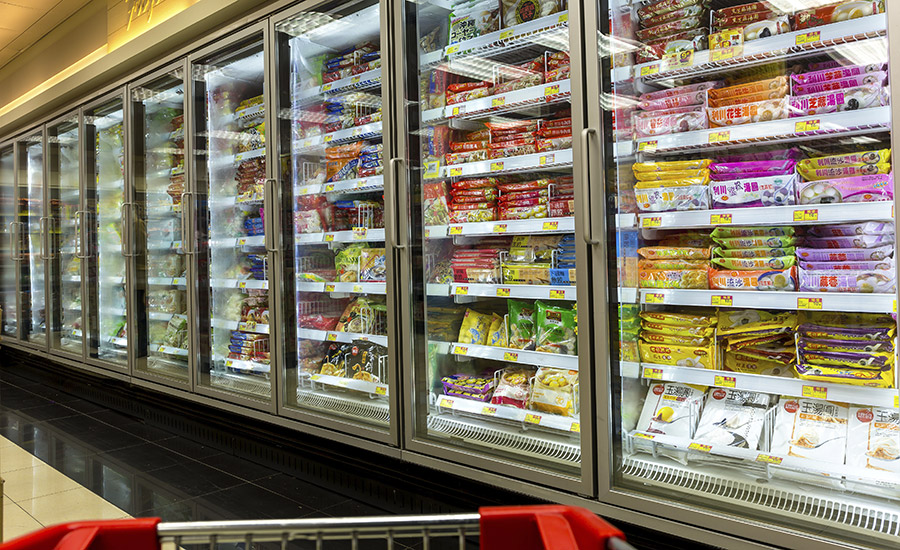Lessons learned from a cookie dough recall
Ways to combat quality issues and avoid a recall.

Earlier this fall, several major brands voluntarily recalled products due to potential listeria concerns in cookie dough ingredients. While the cookie dough was provided by a third party supplier, these manufacturers are still ultimately responsible for the quality and safety of the final product. Ideally, preventative measures should catch quality issues before a product makes it to market, but realistically there is no way to completely eliminate the possibility of a recall. Here are some helpful tips for manufacturers to combat quality issues and avoid a costly recall.
Evaluating risk
The first step to minimizing risk is to understand if you are working with a high-risk ingredient. While it is important to have stringent quality control systems throughout your systems regardless of the status of your ingredients, it is especially important when working with high-risk foods. According to the FDA, high-risk foods are evaluated on the following factors:
- Known safety risks of a particular food, taking into consideration foodborne illness data collected by the Centers for Disease Control and Prevention
- Likelihood that a particular food has a high potential risk for microbiological or chemical contamination
- Point in the manufacturing process of the food where contamination is most likely to occur
- Likelihood of contamination and steps taken during the manufacturing process to reduce the possibility of contamination
- Likelihood that consuming a particular food will result in a foodborne illness due to contamination
- Likely or known severity of a foodborne illness attributed to a particular food
Manufacturers should have systems in place to identify risk of suppliers based on prior performance and risk assessments. This allows manufacturers to implement risk-based testing of raw materials before they are introduced to the plant and most efficiently use resources to improve food safety.
Managing supplier quality
Before manufacturers partner with a supplier, they must be thoroughly vetted. Manufacturers should make sure they have the following data for each supplier:
- List of ingredients the supplier has been approved to provide each manufacturing site
- Completed supplier risk assessment
- Record of all certifications a manufacturer requires to do business with a supplier
- If required, an updated supplier audit with audit results and supplier actions recorded
- An agreed to method for advanced communication of quality issues from the supplier
It is important to make sure the supplier in question thinks about quality in the same way the manufacturer does in order to provide a consistent level of food quality. Once a relationship has been established, the true test of a supplier is how well they consistently deliver quality products in specification, at a fair price and on time.
Regaining trust
Despite best efforts from both suppliers and manufacturers, quality events may still occur. In the event of a recall, it will take significant time and effort for a company to regain both consumer and government trust, because brand reputation is a major consideration for success in the food and beverage industry. From a government perspective, the company will likely be scrutinized more heavily by the FDA. The company may also be penalized by consumers who may not purchase the product, even after it is deemed safe.
Post-recall, F&B companies need to perform above and beyond for the next several months – or sometimes years – to be trusted by consumers and the federal government again. Establishing new or improved quality processes, increasing frequency of internal audits and leveraging technologies to automate these activities and enhance product safety are necessary actions to address quality issues. However, a successful track record of safe products is the key to rebuilding brand reputation. Eventually, after implementing a successful quality management program, F&B companies will be able to ease the minds of both consumers and the government while demonstrating that they have the ability to produce safe products.
For more, go to: spartasystems.com
Henning has been involved in food & beverage and consumer goods manufacturing for over 20 years. He spent more than a decade at The J.M. Smucker Company managing IT teams that affected operations, manufacturing, quality, HR and maintenance. He also worked for GE Intelligent Platforms and Rockwell Automation, where he focused on delivering quality and manufacturing systems to food & beverage and consumer goods manufacturing companies.
Looking for a reprint of this article?
From high-res PDFs to custom plaques, order your copy today!




